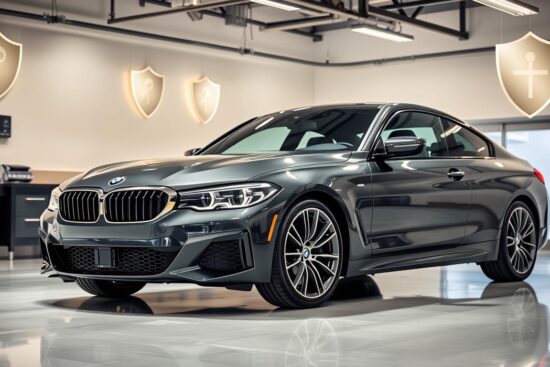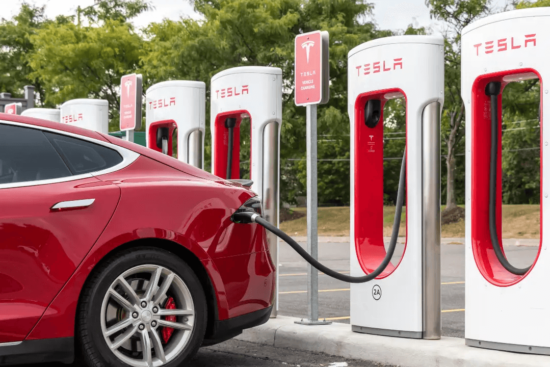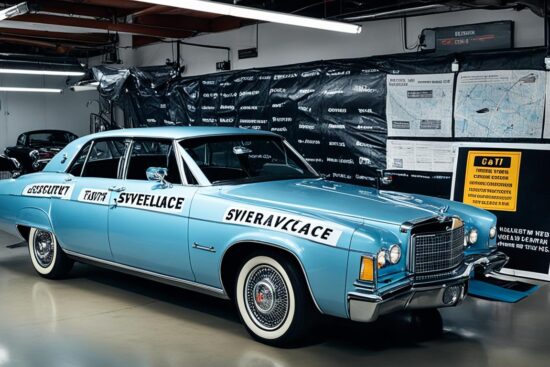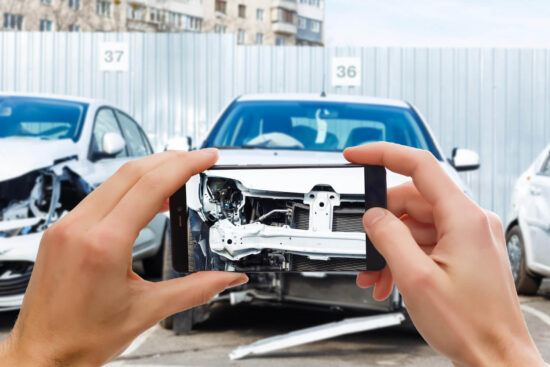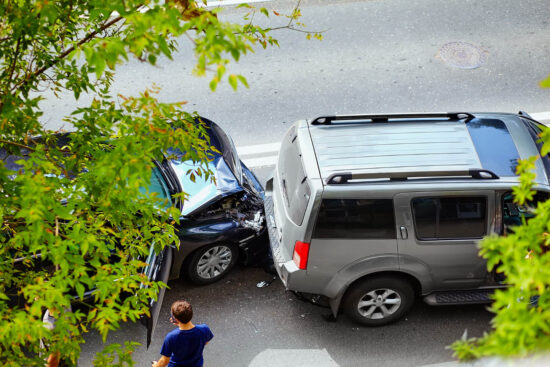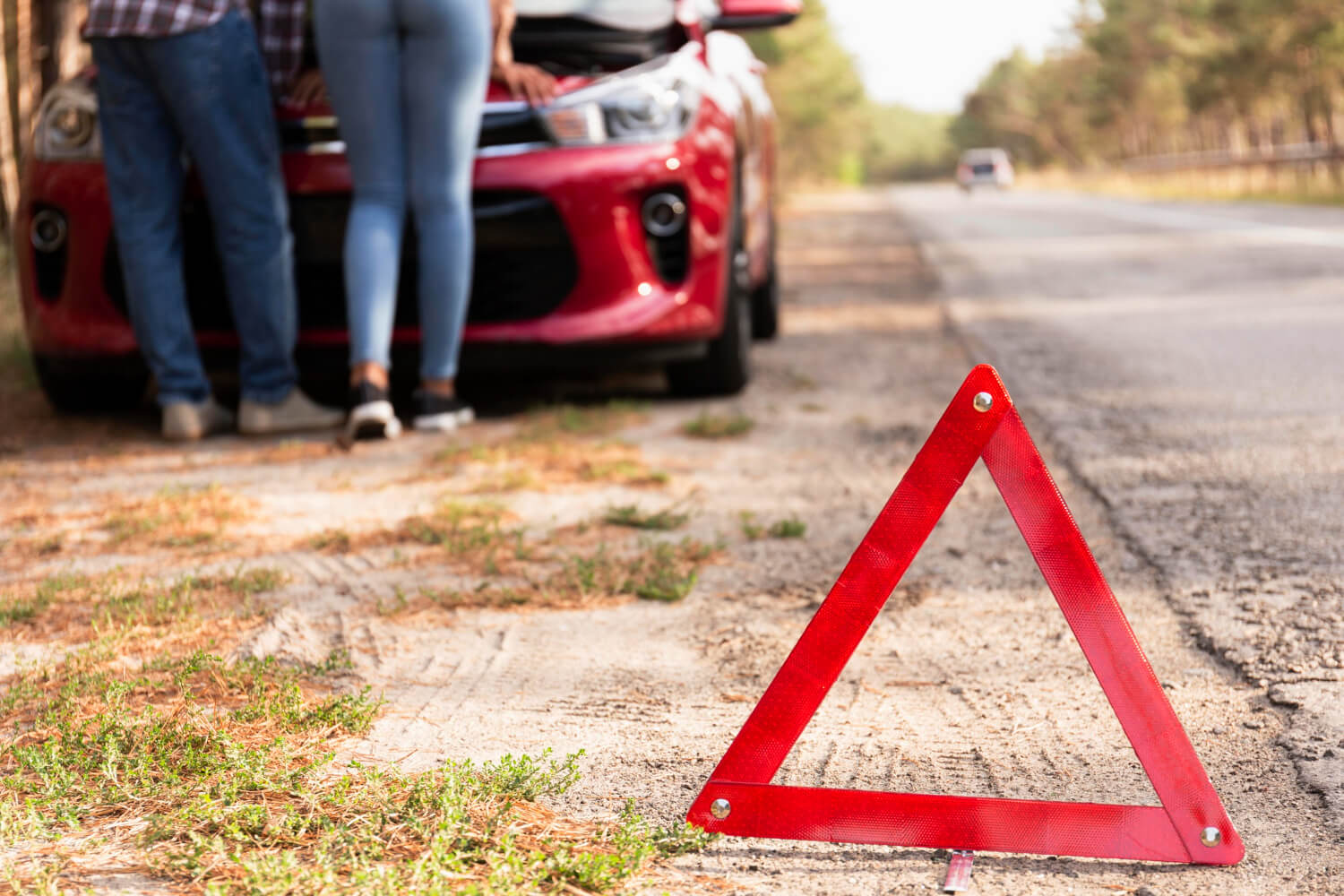
Introduction
In today’s fast-paced world, vehicular accidents are unfortunately common occurrences. Even the most cautious drivers can find themselves involved in a collision due to unforeseen circumstances. That’s where collision insurance comes into play. In this comprehensive guide, we’ll delve into the intricacies of collision insurance, exploring its definition, importance, and how it can safeguard both your vehicle and financial well-being.
Defining Collision Insurance
Collision insurance is a type of auto coverage that helps pay for the cost of repairing or replacing your vehicle if it’s damaged in a collision with another vehicle or object, such as a tree or utility pole. Unlike liability insurance, which covers damages to other vehicles and property, collision insurance covers damages to your own vehicle, regardless of who is at fault in the accident.
Importance of Collision Insurance
The importance of collision insurance cannot be overstated, especially in scenarios where repairing or replacing your vehicle out of pocket could pose a significant financial burden. Without collision coverage, you would be responsible for covering the repair or replacement costs yourself, which could amount to thousands of dollars depending on the extent of the damage.
Types and Categories
When it comes to collision insurance, there are various types and categories to consider, each offering different levels of coverage and protection.
Comprehensive Collision Coverage
Comprehensive collision coverage, also known as “full coverage,” provides the most extensive protection for your vehicle. In addition to covering damages caused by collisions, comprehensive coverage also protects against theft, vandalism, natural disasters, and other non-collision related incidents.
Liability Collision Coverage
Liability collision coverage, on the other hand, only covers damages to other vehicles and property if you’re at fault in an accident. It does not cover damages to your own vehicle, making it a less comprehensive option compared to full coverage.
Deductibles
Deductibles are another important aspect of collision insurance. A deductible is the amount you’re responsible for paying out of pocket before your insurance coverage kicks in. Typically, higher deductibles result in lower insurance premiums, while lower deductibles result in higher premiums.
Symptoms and Signs
Recognizing when collision insurance is necessary is crucial for protecting your vehicle and financial security. Here are some common signs that indicate you may need collision coverage:
Vehicle Damage
If your vehicle sustains damage in a collision with another vehicle or object, collision insurance can help cover the cost of repairs or replacement.
Total Loss
In the unfortunate event that your vehicle is totaled in a collision, collision insurance can provide financial assistance to help you replace it.
Causes and Risk Factors
Understanding the causes and risk factors associated with collisions can help you assess your insurance needs and choose the appropriate coverage.
Driver Error
Driver error, such as distracted driving, speeding, or running red lights, is one of the leading causes of collisions.
Weather Conditions
Inclement weather, such as rain, snow, or ice, can increase the risk of collisions by creating hazardous driving conditions.
Road Hazards
Road hazards, such as potholes, debris, or uneven pavement, can contribute to collisions if drivers are not vigilant.
Diagnosis and Tests
Determining the extent of damage following a collision often requires diagnostic tools and tests performed by qualified professionals.
Vehicle Inspection
After a collision, your vehicle will need to be inspected by a certified mechanic to assess the extent of the damage.
Collision Report
A collision report filed with law enforcement can provide valuable documentation of the incident, which may be required by your insurance company when filing a claim.
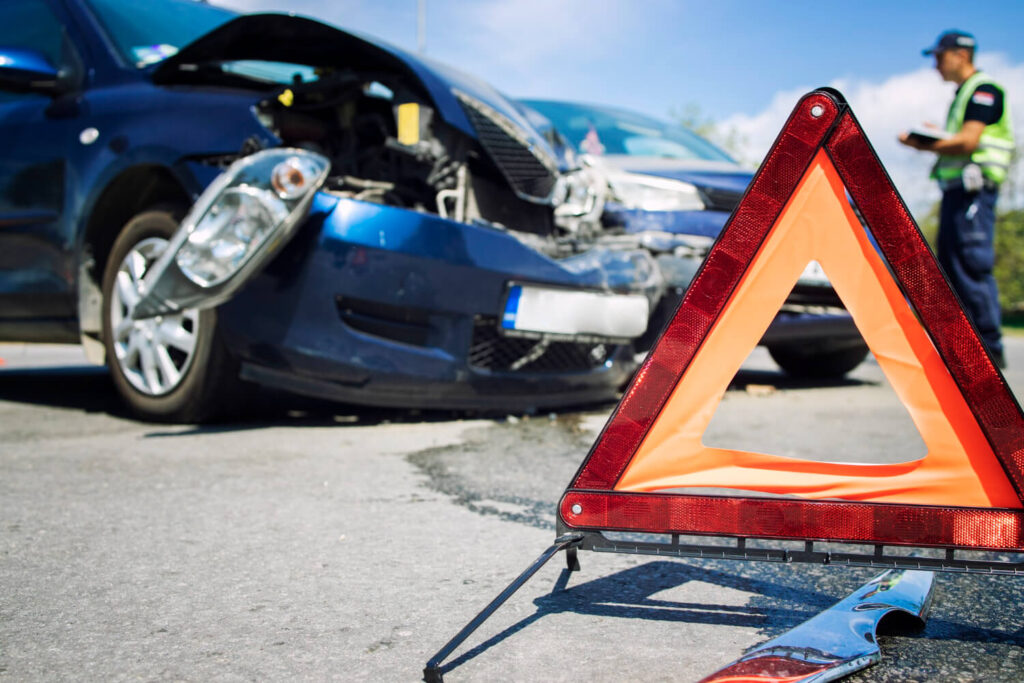
Treatment Options
Once the damage has been assessed, you’ll need to explore your options for repairing or replacing your vehicle.
Repair Services
If the damage is minor, you may opt to have your vehicle repaired by a qualified auto body shop.
Total Loss Settlement
If the damage is extensive and your vehicle is deemed a total loss, your insurance company will provide a settlement based on the actual cash value of your vehicle minus any deductible.
Preventive Measures
While collision insurance can provide financial protection after an accident, taking preventive measures to avoid collisions altogether is equally important.
Defensive Driving
Practicing defensive driving techniques, such as maintaining a safe following distance and staying alert, can help reduce the risk of collisions.
Vehicle Maintenance
Regular vehicle maintenance, including tire rotations, brake inspections, and fluid checks, can help ensure your vehicle is in optimal condition for safe driving.
Personal Stories or Case Studies
Real-life examples can illustrate the importance of collision insurance and its impact on individuals’ lives.
Sarah’s Story: A Near Miss
Sarah was driving home from work one evening when another driver ran a red light and collided with her vehicle. Thanks to her collision insurance, Sarah was able to have her car repaired quickly and get back on the road without worrying about the financial burden of the repairs.
David’s Dilemma: Uninsured Motorist
David was involved in a hit-and-run accident where the other driver fled the scene. Thankfully, David had collision insurance, which covered the cost of repairing his vehicle despite the other driver’s lack of insurance.
Expert Insights
Insurance experts offer valuable advice on navigating the complexities of collision insurance.
Jennifer Smith, Insurance Agent
“Collision insurance is an essential component of any auto insurance policy, providing peace of mind and financial security in the event of an accident. It’s important for drivers to carefully review their coverage options and select a policy that best meets their needs and budget.”
Conclusion
In conclusion, collision insurance plays a vital role in protecting both your vehicle and financial security in the event of an accident. By understanding the types of coverage available, recognizing the signs that indicate you may need collision insurance, and taking preventive measures to avoid collisions, you can ensure that you’re adequately prepared for the unexpected on the road.





